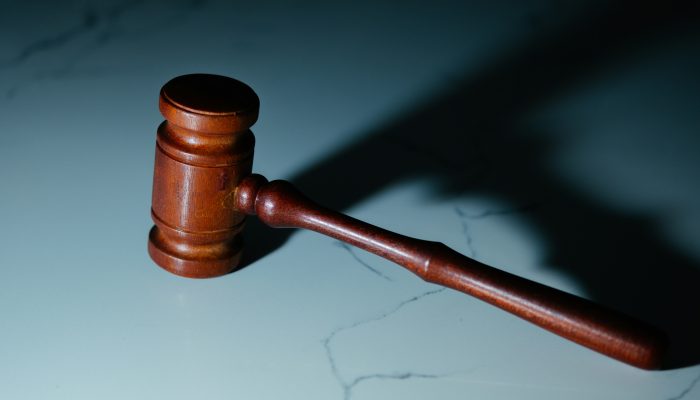Most people go through life never stepping foot inside a courtroom. Most people, that is, except for attorneys, judges, journalists, the few of us chosen to be jurors, and an even more select group, those who are accused of crimes.
If I were talking now with my dear parents, may they rest in peace, I would quickly assure them that my many days spent in courtrooms have been in a professional capacity, not as a defendant trying to avoid the slammer.
As a reporter and later as the boss of reporters, I have had an up-close vantage point to watch our court system as it works. I claim no special expertise. But 50 years in a ringside seat on the judiciary have given me perspective that is worth sharing.
I have watched as prosecutors and defense lawyers have carried out their roles in this fundamental part of a democratic society. I have seen how judges and juries approach the solemn duties we entrust to them.
I have encountered a multitude of defendants who insisted they were innocent, the criminal charges were trumped up, and they were victims of biased prosecutors, crooked judges or incompetent jurors. There have been other defendants whom juries found not guilty, leaving the victims’ friends and relatives outraged.
There is one important takeaway from all of this, and that broader conclusion has gotten overlooked in recent days by far too many people, especially by those who should know instinctively this inescapable fact:
Just because someone we like professes their innocence but is found guilty does not make the American judicial system corrupt or rigged. There rarely are criminal defendants, having just been found guilty, who will rise to applaud the jurors’ decisions.
Likewise, just because another defendant is found not guilty, despite a belief to the contrary by the prosecutor and the victim’s friends and relatives, it is not a sign our criminal justice system is a threat to our nation’s freedoms or is a sign of incompetence or crookedness.
The entire justice system is built on people exercising their best judgment in a legal process that puts defendants’ and victims’ freedoms on the line. Sometimes, judges and juries make mistakes. Sometimes, we disagree with a jury’s findings. Sometimes, appellate courts will step in and correct an error. Other times, they do not.
But the real lasting harm comes not from an outcome we disagree with. The lasting harm comes if we allow people who are in positions to know better to make wild, baseless accusations that undermine the trust and the credibility of the judicial system.
Iowa Attorney General Brenna Bird should know this. As Iowa’s top law enforcement official, prosecutors on her staff are deciding every week why someone should be charged with a crime or why someone else should not. Her prosecutors are arguing before jurors in high-profile cases why the accused should be found guilty and have their liberty taken away.
You can read the full article at the Iowa Capital Dispatch.

